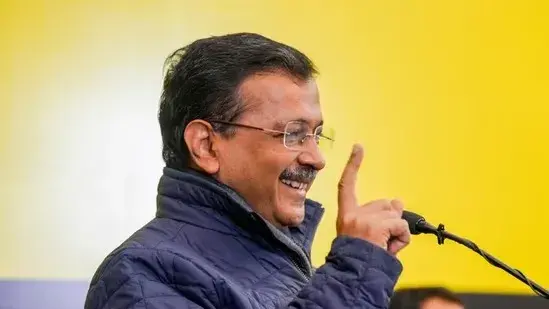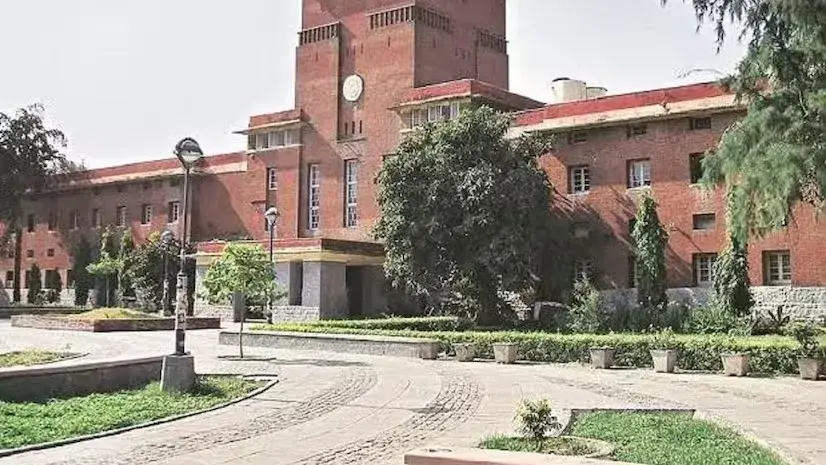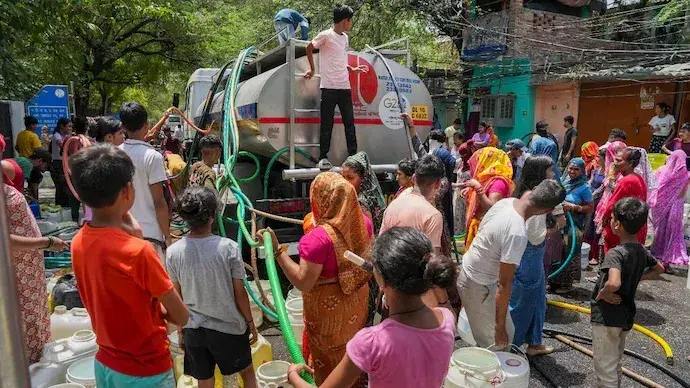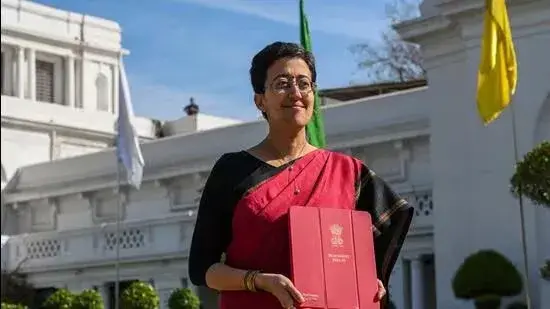Arvind Kejriwal Launches The Delhi Model: A Blueprint of AAP’s Governance Philosophy
Arvind Kejriwal, former Chief Minister of Delhi, unveiled a book titled The Delhi Model, which highlights the transformative governance strategies implemented by the Aam Aadmi Party (AAP). Kejriwal described the book as a testament to AAP’s innovative approach to politics and governance, emphasizing its role in addressing fundamental issues affecting ordinary citizens. A Vision for Transformation The book, authored by AAP member Jasmine Shah, combines data, narratives, and policy insights to explore the systemic reforms introduced under the AAP government. Kejriwal underscored that the book embodies both the Delhi governance model and AAP’s political ideology of Vyavastha Parivartan (systemic transformation). Tackling Everyday Challenges Kejriwal stressed the party’s focus on solving basic problems, ensuring access to: Quality education for children Affordable healthcare Relief during inflationary pressures Free electricity and water for households He highlighted how the government prioritized public welfare over privatization narratives. Criticizing earlier proposals for school privatization, he alleged that such plans were part of a broader land scam, targeting the prime locations of government schools for commercial use. Redefining Political Norms Kejriwal also addressed the AAP’s candidate selection process, noting that the party moved away from caste- and religion-based considerations. Instead, they focused on candidates’ performance and ability to deliver results, marking a shift in political dynamics. Author’s Perspective Expressing excitement about his first book, Jasmine Shah reflected on its significance: “This is a very special occasion: the launch of my first book. After writing just one, I can tell you — you need a really good reason to write a book.” Shah emphasized that the book serves as a reflection of the AAP’s governance philosophy and its mission to address critical issues affecting Delhi’s citizens. Education Reform and Land Use The book delves into broader discussions around education reform, particularly the potential misuse of land allocated for government schools. Kejriwal pointed out concerns over replacing schools with commercial structures, highlighting the party’s commitment to improving public education instead of privatizing it. A Governance Guide and Ideological Manifesto The Delhi Model stands as both an exploration of AAP’s governance initiatives and a reflection of its political ideology. Through the book, Kejriwal and Shah aim to offer insights into how AAP addressed fundamental issues, presenting a framework for governance that prioritizes the needs of citizens above all else. Source: oneindia Photo Credit: oneindia
Arvind Kejriwal Launches The Delhi Model: A Blueprint of AAP’s Governance Philosophy Read More »





